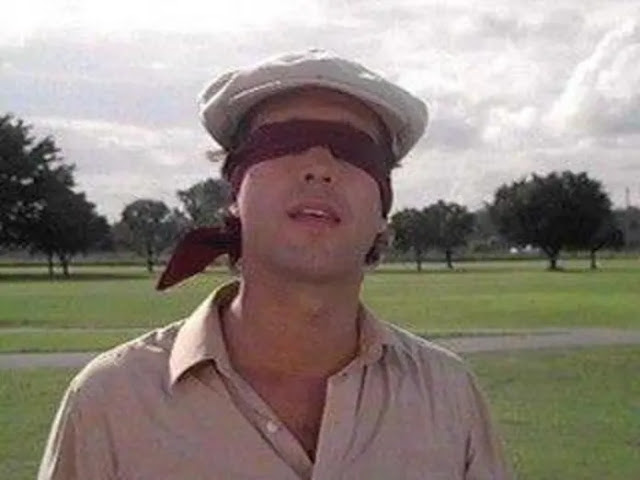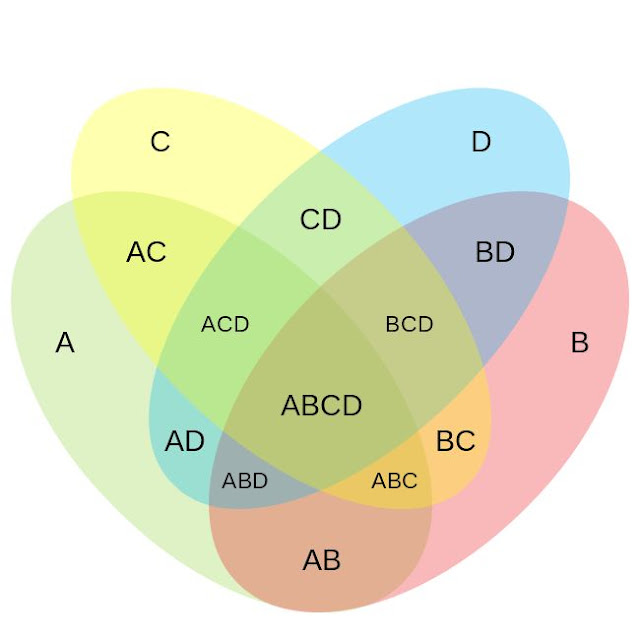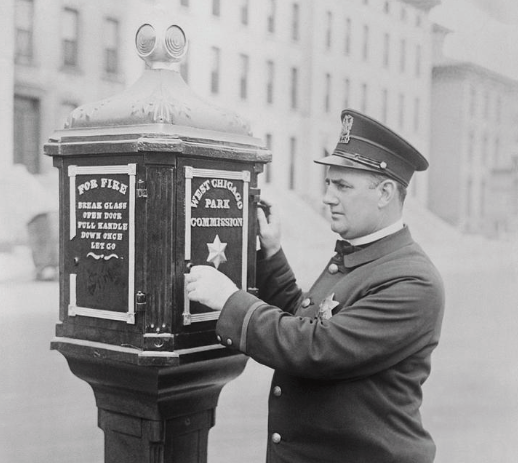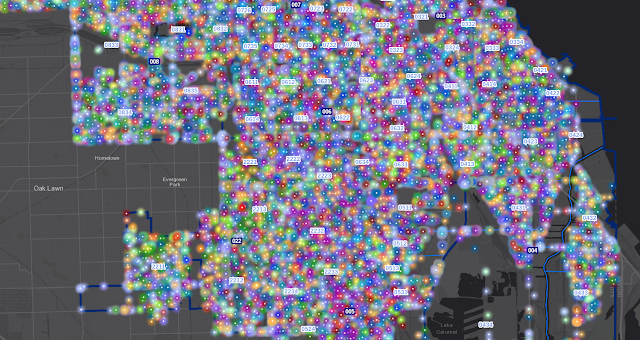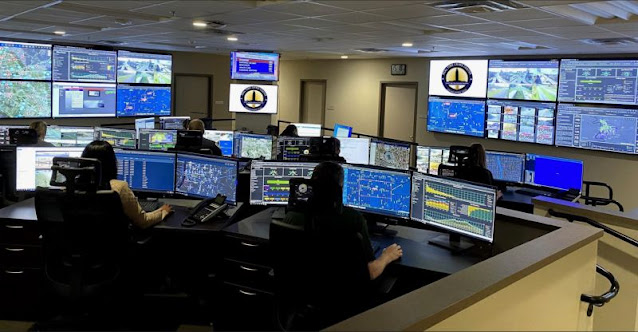A Series of Cognitive Frameworks for Police RTCC: 02 - Cynefin

How might cognitive frameworks help people who work inside police " real-time crime centers ?" To me, it's about putting people, ideas, & pieces of technology together in way s that enhance awareness, sense-making & decision-making. The next framework in this series is Cynefin . Cynefin is a sense-making framework that helps observers, decision-makers, and doers figure out what sort of system structure or dynamics exist. This is important because the attitude or approach taken to situations in each of the Cynefin domains should be different. Please allow me to riff for just a bit... Many police RTCCs are filled with highly technical, algorithmic tools that use formulaic processes. For example, tools that might compare objective letters or numbers (such as those recognized in video or photos) against identical strings of letters or numbers in a database. When such digits are matched, certain alerts might be triggered. This is a highly objective process. As suc


